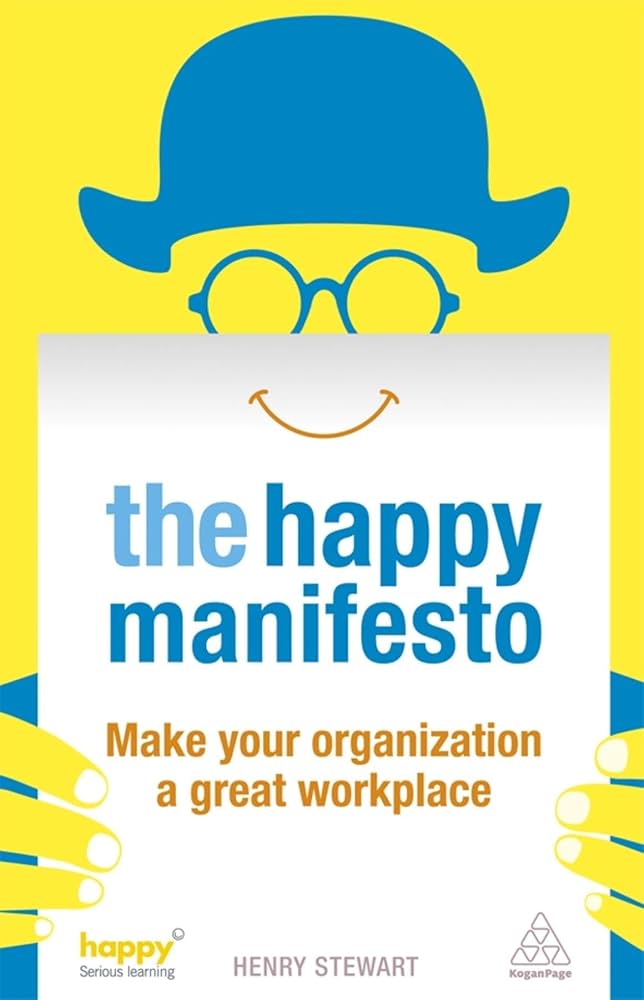“Less important points don’t add to the communication. They detract from the most important point. That’s what the single-minded proposition is all about.” - Dave Trott
I honestly don't really remember reading this book, but I'm returning to this list of recommended books. I went back to the happiness manifesto website to see what it was about this book that might have made me recommend it. Then when I saw the 10 principles I agreed with all of them. It was a genuinely refreshing, inspiring, and reassuring to know that one of the best-selling business books promoted a way of thinking that he wholeheartedly agree with. On reflection, I may have read this book at a time when I was discovering the modern workplace and only just coming to the realisation that it needed significant improvement if it was going to be sustainable. Now over 10 years after that book was published, rather than a just a learning experience, I feel like the 10 principles might be a great tool to help understand and assess how a workplace could be improved.
Synopsis
In The Happiness Manifesto, author Nic Marks, a well-known researcher in the field of well-being, delves into the idea that we can, and should, measure national happiness and well-being just as we measure economic prosperity. He argues that focusing solely on economic indicators like GDP gives us an incomplete, and often misleading, picture of a nation’s true success and the quality of life of its citizens. Marks suggests a shift in perspective, advocating for policies and initiatives that prioritize the overall happiness and well-being of the population.
The book introduces the concept of the Happy Planet Index (HPI), a groundbreaking metric developed by Marks and his team at the New Economics Foundation. Unlike traditional economic indices, the HPI combines three key elements: experienced well-being, life expectancy, and ecological footprint. The idea here is to measure how efficiently countries are delivering long, happy, and sustainable lives for their residents. It’s a powerful tool that encourages us to think about progress not just in terms of material wealth, but also in terms of human well-being and environmental sustainability.
Marks’ manifesto isn’t just about measurement; it’s a call to action. He presents a compelling case for why governments, businesses, and individuals should integrate well-being into their decision-making processes. The book explores practical ways to foster happiness and sustainability at various levels, from promoting healthier lifestyles and stronger communities to advocating for economic systems that serve human and planetary flourishing. It’s a thought-provoking read that challenges our conventional notions of success and progress, urging us to strive for a future where well-being is at the heart of our collective endeavours.
Key Points
Trust your people – step out of approval mode; pre‑approve plans and support instead
Make your people feel good – focus leadership on boosting morale through praise, coaching, and encouragement
Give freedom within clear guidelines – set expectations clearly while giving teams autonomy to deliver
Be open and transparent – share information broadly (even bad news) to promote ownership and trust
Recruit for attitude, train for skill – hire people with the right mindset, then equip them with the skills they need
Celebrate mistakes – foster a no‑blame culture where learning from errors is encouraged
Community: create mutual benefit – ensure your organisation positively impacts both its people and wider society
Love work, get a life – support wellbeing by ensuring people are well‑rested, nourished, and balanced
Select managers who are good at managing – appoint leaders who truly lead and support; let staff have a say in choosing them
Play to your strengths – align people with roles that match their talents and passions

